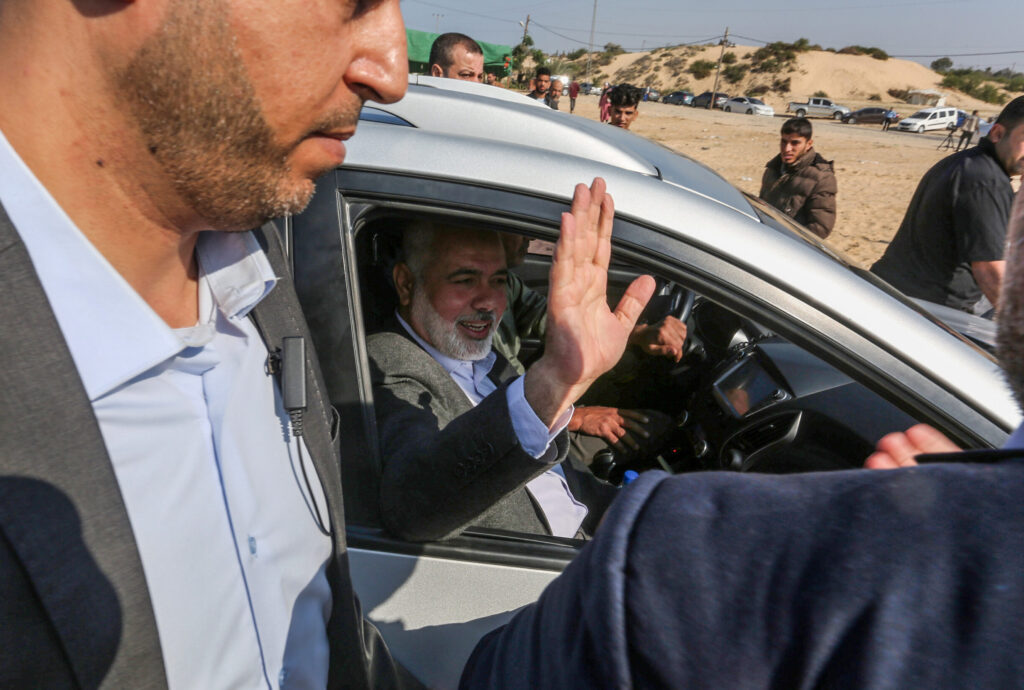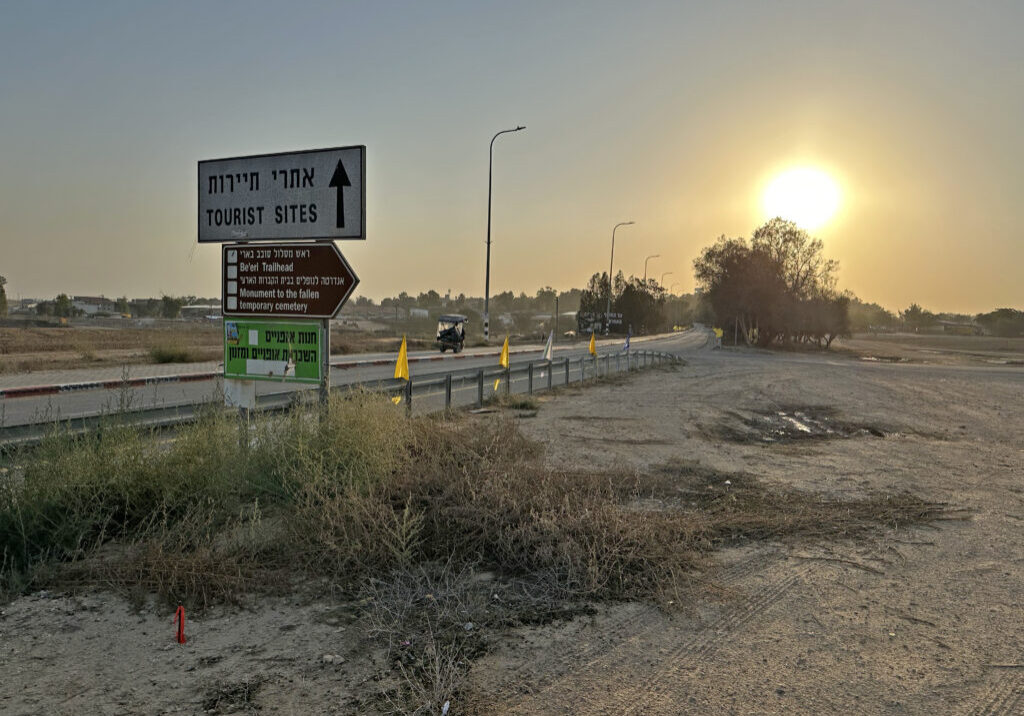Australia/Israel Review
Deconstruction Zone: If Haniyeh can be killed, so can Hamas
Aug 14, 2024 | Seth Mandel

The implications of Ismail Haniyeh’s assassination in Teheran will become clearer in the coming weeks, but it should finally bury one of the more absurd claims made by Israel’s critics – that there is no military solution to the problem posed by Hamas.
Sometimes this is phrased as: “Hamas is an idea, and you can’t kill an idea.” Sometimes we’re told those eliminated in targeted assassinations – and even battlefield routs – will be replaced by interchangeable cogs.
But the Haniyeh killing so defies that logic that it ought to prompt some reconsideration of this part of Israel’s strategy by its critics.
Start with why Haniyeh’s forced exit is such a game changer: He had been integral to the development of Hamas as an organisation and a governing force.
Haniyeh was pulled into the inner circle of the group’s founder, Ahmed Yassin, in the late 1990s. Both Yassin and his deputy/successor were killed in 2004, quickly thinning out the ranks.
In 2006, Haniyeh led Hamas’ slate of candidates in the Palestinian elections and won. Fatah head Mahmoud Abbas refused to recognise the terror group’s victory – this was after Haniyeh claimed Fatah had tried to assassinate him – and by early 2007 Gaza had become a civil war battleground.
A Saudi-brokered truce collapsed and the strip fell into anarchy. As US-based expert Jonathan Schanzer wrote in his book Hamas vs. Fatah, “While Hamas and Fatah forces were killing one another, no one was policing the streets.” After Haniyeh and Hamas’ victory, public works projects were halted and infrastructure quickly degraded.
The disorder in Haniyeh’s early days opened the gate to Hamas’ “Talibanisation” of the Gaza Strip. The fleeing of aid groups brought in under the Palestinian Authority left Hamas in total control of what came into the strip. Christian targets were repeatedly attacked by Islamist thugs. All of this violence and corruption brought Hamas into immediate tension with Gaza’s prominent clans.
Hamas’ brutal tactics – kidnappings, summary executions – ultimately won the day, ejecting Fatah from the strip. The form that Haniyeh’s Islamist terror machine took into the civil war soon solidified into Hamas’ day-to-day modus operandi.
In 2017, Yahya Sinwar took the operational reins in Gaza and Haniyeh decamped to Qatar to lead Hamas’ politburo. This only further legitimised Haniyeh as the gatekeeper of Gaza to foreign ministries around the world. He lived in luxury and plotted Hamas’ expansion to the West Bank as Abbas aged, the Palestinian Authority atrophied, and Iran salivated at the thought of adding another beachhead to its proxies’ encirclement of Israel.
Haniyeh takes more than mere institutional memory with him; he was the midwife of Gaza as we know it, in some ways its architect (at the risk of giving him too much intellectual credit).
Sinwar has been named the new head of Hamas’ political division, and congratulations are in order – mostly for Israel, which can see in Sinwar’s promotion the continuing fruits of its methodical dismantlement of Hamas.
There are three reasons to find encouragement in this latest turn of events.
First, Hamas’ leadership bench is depleted, and Israel’s careful decapitation of its branches has been effective.
Second, Sinwar’s consolidation of power, combined with his geographic isolation in tunnels under Gaza, turns Hamas from an organisation into a literal death cult.
Third, it collapses a comforting lie that the West tells itself about these terror groups, enabling a more honest conversation about how to defeat them.
Sinwar is now Hamas’ political “wing”, its military “wing”, and any other chimerical “wing”. Large terror groups like Hamas have different departments, sure, but the West has always fooled itself into believing there’s a fundamental difference between the guy playing Good Cop and the guy playing Bad Cop. Now, there’s not even someone opposite Sinwar to pretend that a compromise is in the works and the West just has to keep making concessions to the “moderates” so the hardliners don’t lose their temper.
Seth Mandel is senior editor of Commentary. © Commentary magazine (commentary.org), reprinted by permission, all rights reserved.
Tags: Gaza, Hamas, Palestinians






